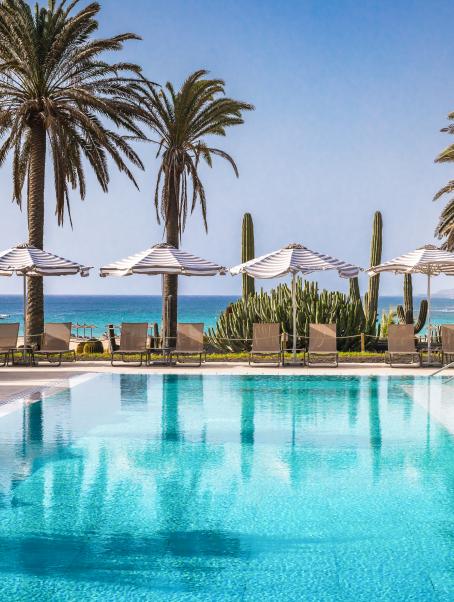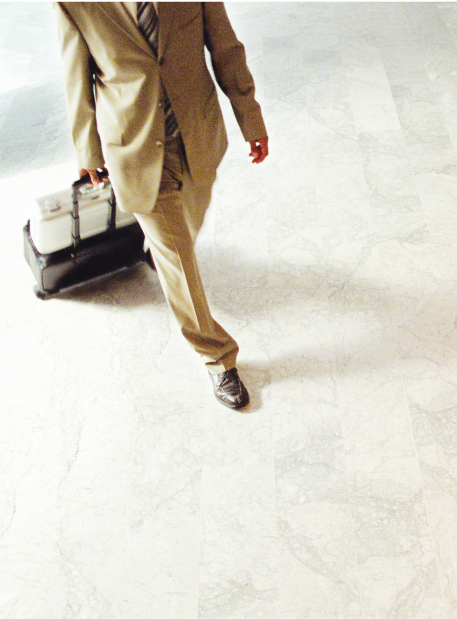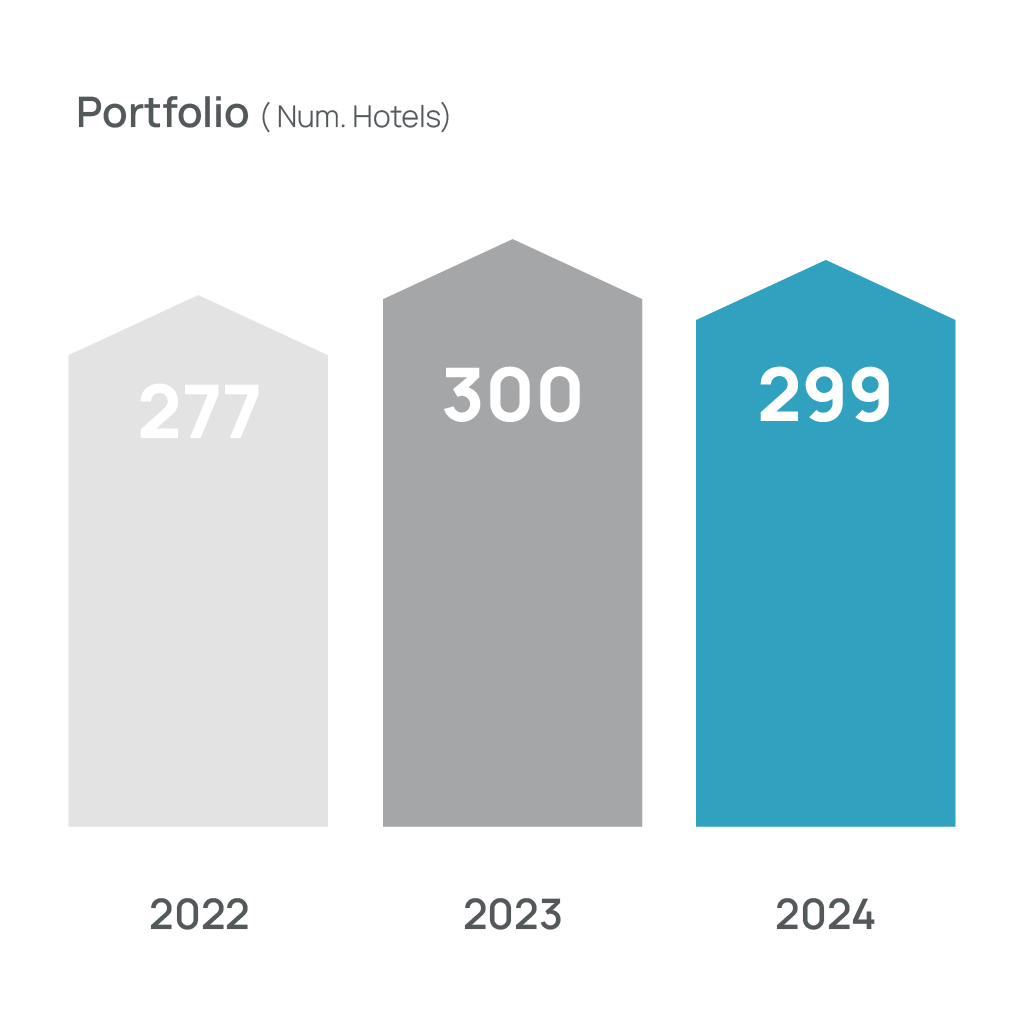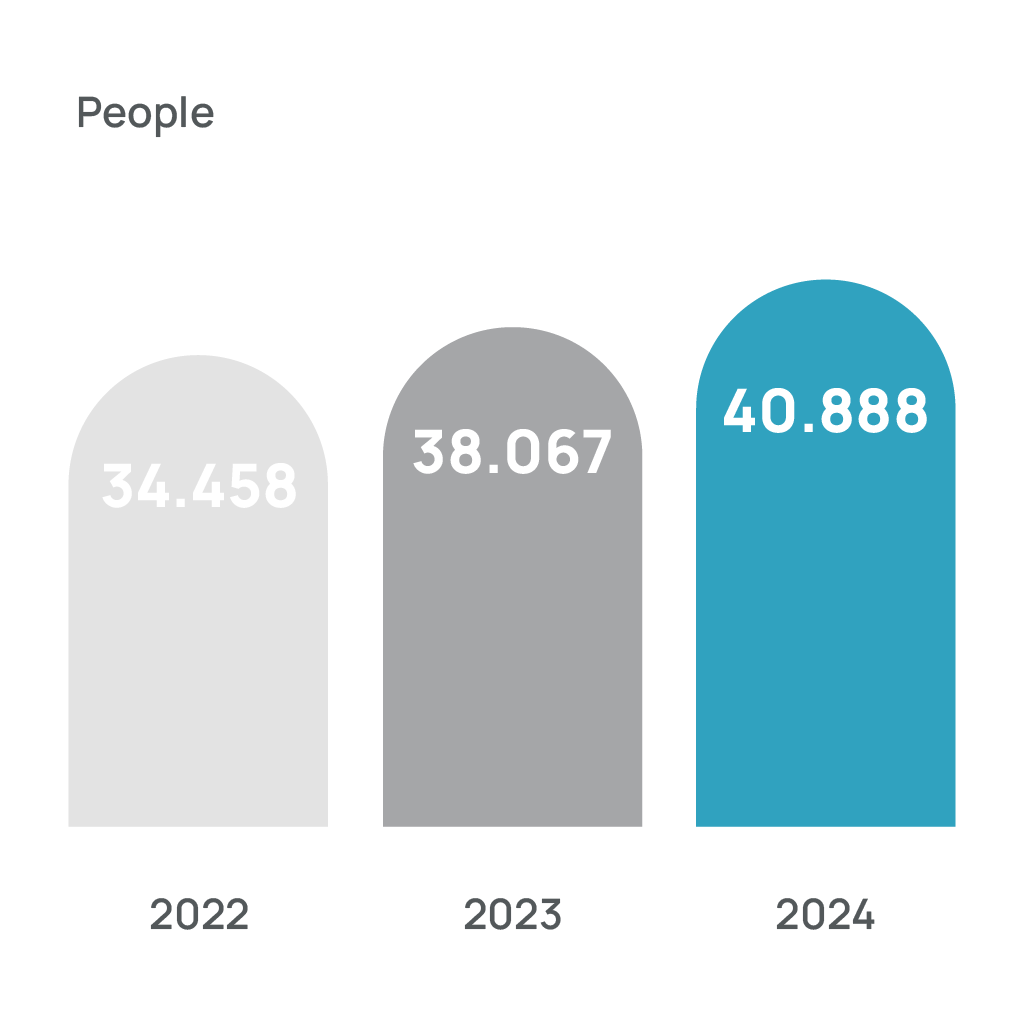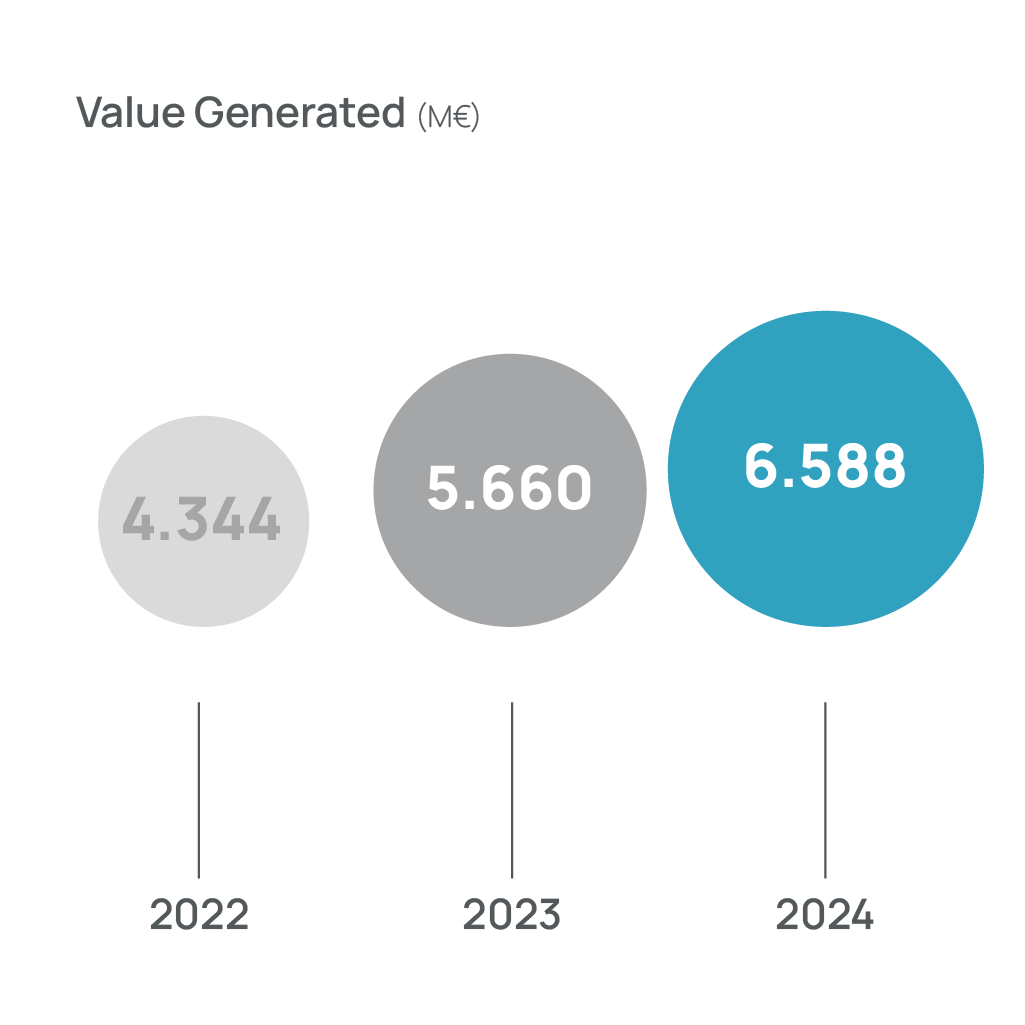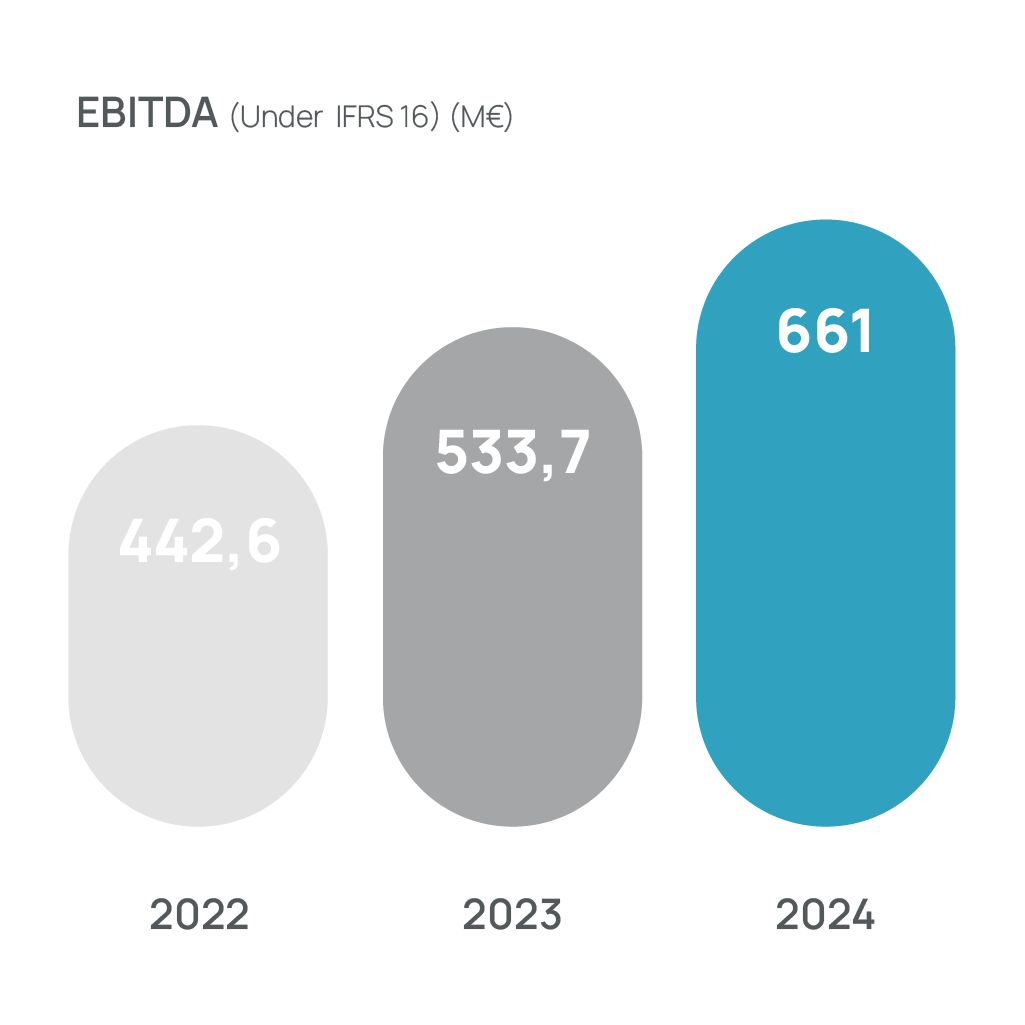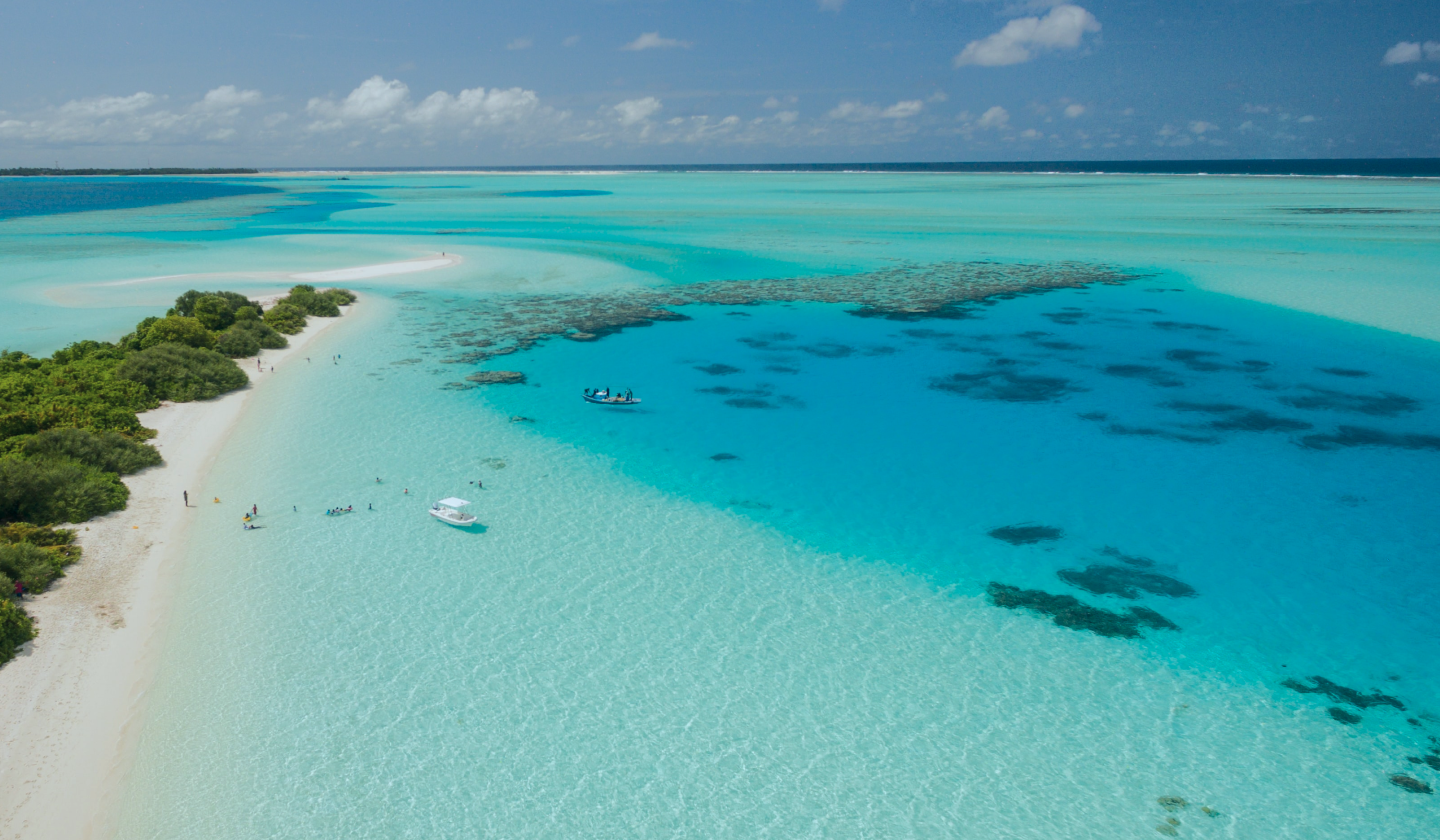
Leading the travel experience for over 90 years.
We are a family business that operates in all links of the value chain of the tourism sector, characterised by geographical diversification and the balance of our portfolio.


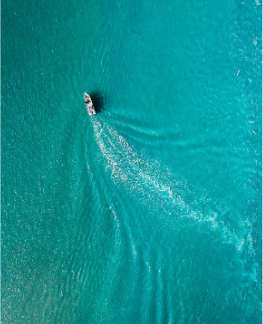
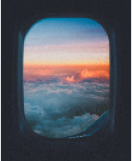
Working towards responsible and sustainable tourism

Responsible
Responsibility is part of our DNA, which is why the Barceló Group promotes global action through various projects that ensure our commitment in all our areas of activity.

Responsible
Responsibility is part of our DNA, which is why the Barceló Group promotes global action through various projects that ensure our commitment in all our areas of activity.
Committed to tourism and sustainability.
Working towards responsible and sustainable tourism
Barceló Group in figures and general company data
The group's businesses employ a team made up of
+40.000 people
Our team is our greatest asset and the best way to transmit the group's values in all the areas in which we operate. As a family-owned multinational, we take care of our people and are committed to their development, training and growth.
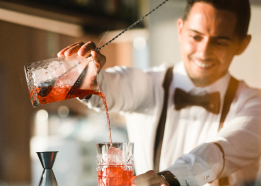
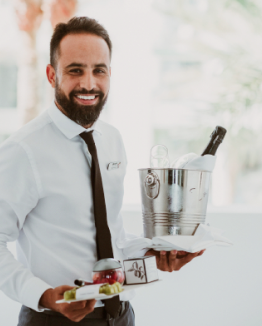

Barceló Group in economic terms
The financial results obtained by the Barceló Group at the end of the financial year 2024:
